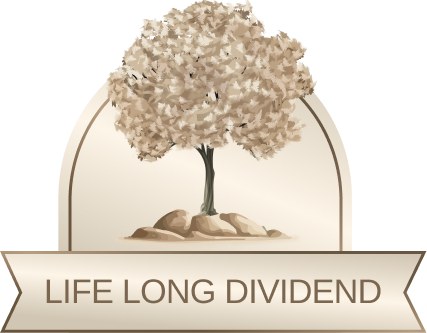Perhaps the greatest example that good policymaking intentions go awry is the minimum wage. Proponents of increasing the minimum wage argue that doing so will help the poor.
If we could snap our fingers and make the poor suddenly rich, there would be no reason to object. Unfortunately, in a world of scarce resources, this is not a possibility. The minimum wage actually tends to make many poor workers worse off and increases unemployment. A recent study on California minimum wage increases demonstrates that fact (yet again).
Professors Jeffrey Clemens, Jonathan Meer, and Olivia Edwards recently put out a working paper for the National Bureau of Economic Research (NBER) that demonstrates some adverse effects of minimum wage laws.
The paper covers California’s 2023 law, which enacted a $20 minimum wage for restaurants that had at least 60 locations in the US. This was a significant increase from the fast food minimum wage for California, which had been $16 (though some localities had higher minimum wages). They examine the impact of the law on employment and find:
Fast food employment in California had declined by 2.64 percent, whereas employment in non-minimum-wage-intensive industries had increased by 0.58 percent. This contrasts with the rest of the United States, where fast food restaurant employment had increased marginally while employment in all non-minimum-wage-intensive industries had risen by one percent.
The authors estimate that the negative employment effect is anywhere from -2.3 to -3.9 percent, (as compared to all states, or just to states with no minimum wage changes). Relative to a world where California did not increase the minimum wage, 18,000 jobs were lost.
This is a large number, but it’s even more jarring when you realize how limited this law change was. Again, this bill only applied to restaurants with over 60 locations, so many other low-wage jobs were exempted. Even within the restaurant industry, implementation was limited.
In other words, those 18,000 more unemployed workers were the victims of a relatively limited change. This large drop puts talks of a national “living wage” — often proposed as $15 or more — in serious doubt. California has a relatively high cost of living, which means all else being constant, a $20 minimum wage would have an even larger unemployment effect where average wages are lower.
This result is another nail in the coffin for minimum wage arguments. As recently as 2022, a survey of research on the effects of the minimum wage was conducted. Authors David Neumark and Peter Shirley found, “there is a clear preponderance of negative estimates in the literature.”
What’s behind this consistent trend? Basic economics. When governments set a minimum wage above what businesses are paying, it has two primary effects:
An increase in the number of people who want to work (due to the higher wage)
A decrease in the number of workers businesses want to pay (as they are more expensive)
Imagine the prevailing wage in the restaurant industry is $15. Restaurants will have hired as many workers as they can use whose skills produce at least $15 of revenue per hour. After the new minimum is instituted, workers who produce less than $20 cost more than they add to revenue. Businesses cut back hours or substitute other factors (like self-checkout stations) for workers.
When the number of job seekers is greater than the number of available jobs, we have unemployment. This is usually cured by job-seekers being willing to work for lower wages (and in a wide range of productive roles), but minimum wage laws make this illegal.
So why, if the economic research and real-world results are so clear, do minimum wage laws persist?
Unfortunately, policies like the minimum wage, which sound compassionate, will often be popular even if they don’t work.
Like voters, populist politicians — Democrat and Republican — may desire to improve the well-being of the poor, but the laws of economics and the attendant research confirm again and again that an increase in the minimum wage is terrible for the poor. For at least some — perhaps 18,000 in California — it takes away their opportunity to make any money at all.
Unfortunately, politicians have an incentive to ignore economic laws in favor of nice-sounding slogans about improving the lives of the least advantaged. Austrian economist Ludwig von Mises famously pointed out the role of the economist as an empirical counterweight:
It is impossible to understand the history of economic thought if one does not pay attention to the fact that economics as such is a challenge to the conceit of those in power. An economist can never be a favorite of autocrats and demagogues. With them he is always the mischief-maker.
Economic evidence should serve as a valuable prophylactic against the utopian visions of politicians.

